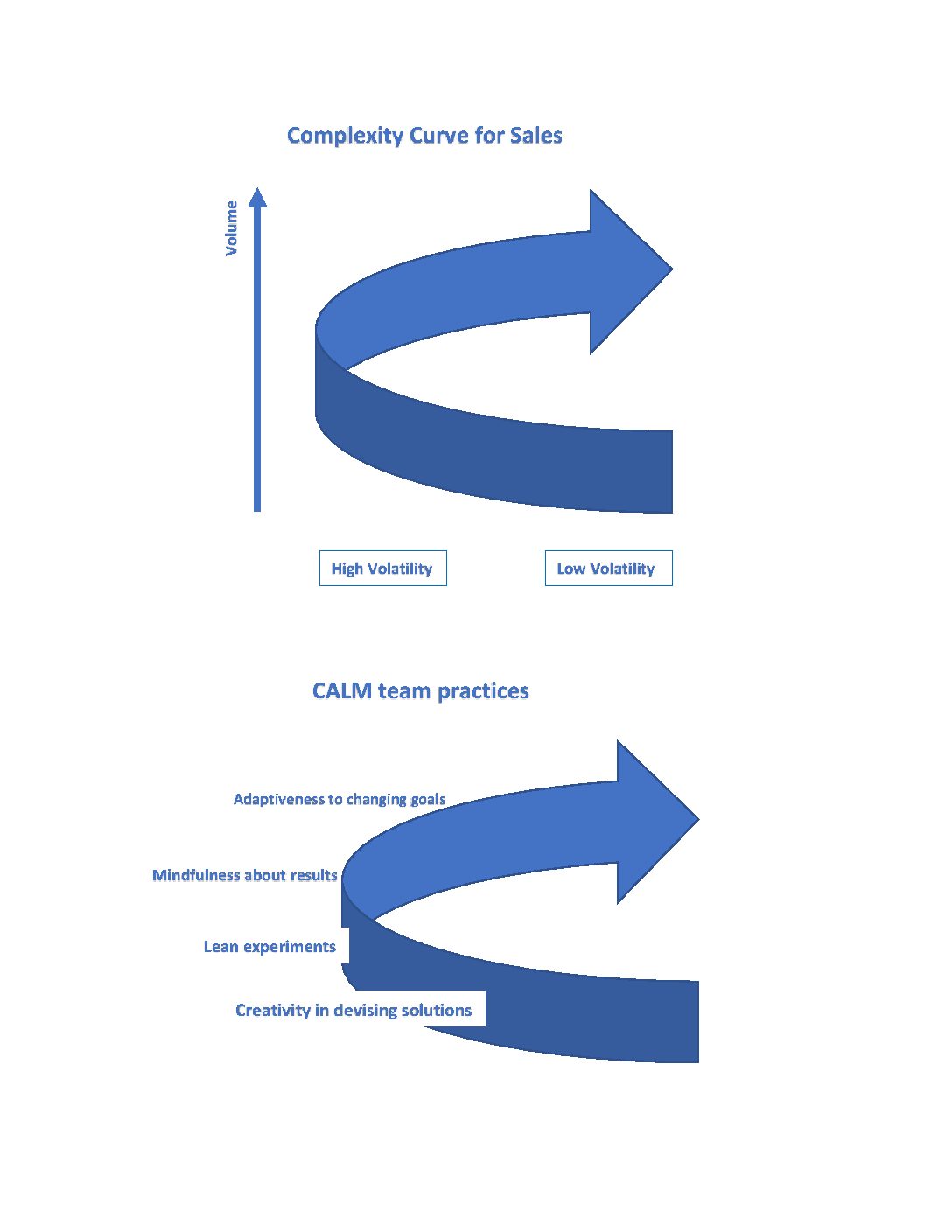Special to Santa Cruz Tech Beat, 5 June 2018
As a modern, bank-independent, digital B2B payment processor, PayStand is part of a wave of democratizing financial technologies with the potential to lift all businesses – and not just the biggest. And yet the technologies it is deploying could have even greater social impact on government. They could transform the fight against corruption.
Corruption is one of the biggest poverty traps in the world. Paul Collier estimates the total cost to the world of each of its failed states – states undermined by corruption and other governance failures – to be $100 billion. The World Bank estimates the total cost of corruption to be over 5% of global GDP, or nearly $4 trillion per year, with official bribes reaching 2% of global GDP or $1.5 trillion per year – more than the economy of Australia.
The social impact of corruption, however, is probably even greater than its economic cost. The reason is that it disrupts the chain of assessments that ultimately subjects government promises to public scrutiny. Without public scrutiny of government promises, leaders are free to enrich themselves and are much more likely to use force to stay in power.
The chain has four links, each vulnerable to distinct types of corrupt practices.
- Linkage of budgets to government promises – disrupted by secret off-budget accounts
- Linkage of spending to budgets – disrupted by diversion of public funds
- Linkage of program outcomes to spending – disrupted by fake or opaque public contracts
- Public awareness of program outcomes – disrupted by interference with court and NGO oversight
Of these four vulnerabilities to corruption, diversion of public funds and opaque public contracts are most problematic today. The other two, secret accounts and interference with courts and NGOs, have become increasingly difficult to implement in recent years.
Off-budget accounts, while still wildly popular among autocrats around the world, have become harder to implement as even small, poor countries have had to digitize tax collections, shining a light on gaps between revenue collected and budgeted spending. Government interference with judicial and non-government oversight organizations, by contrast, is a growing cottage industry – but has risked loss of access to the US banking system, US official aid, or both until at least 2017.
Diversion of public funds and opaque public contracts, however, remain widespread. Only all-too-human auditors stand between public budgets and the diversion of public funds by unauthorized spending. And only rarely do the details of public works contracts and the conditions of their award see the light of day.
PayStand is deploying trusted public ledgers in precisely the parts of the payment process that make public finance vulnerable to corruption. It uses public ledgers – blockchain technology – to create a reliable record of payment authorizations for the purpose of streamlining internal business procurement approval processes. And it uses them to capture exactly what those payments are procuring for the purpose of streamlining internal business processes that match invoices with payments.
Reliable public records of payment authorizations and what those payments buy are a precise antidote to the two largest vulnerabilities of public finance to corruption. An immutable public record of public payment authorizations will expose any diversion of public funds. And an immutable public record of the details of what those payments procure will reveal deviations from normal public contract standards.
That doesn’t mean that government use of a payment processing system like PayStand will prevent all public fraud. But technology providing immutable public payment records can make a big contribution by powerfully discouraging it. Israeli prime ministers, for example, have been frequent targets of corruption allegations: Rabin in 1977 for an illegal foreign bank account, Barak in 2000 for illegal campaign donations, Sharon in 2001 for taking bribes from a real estate developer, and now Netanyahu for bribery and fraud.
In 2008, however, the recommended indictment of an Israeli prime minister for bribery came at a steep price. Ehud Olmert was on the verge of signing a Middle East peace agreement when police recommended his indictment for bribery, breach of public trust, money laundering, and fraudulent receipt of goods. He resigned as prime minister in September. By January 2009, nearly 1,400 Palestinians and 16 Israelis had died in the violence following yet another disruption of the peace process.
If PayStand or some other digital payment processor using blockchain technology in a similar way had existed and been widely deployed in 2008, would Israel would have signed a peace agreement? We’ll never know. But it’s more than fair to think expansively about the costs of corruption that those pursuing this technology may eventually minimize.




